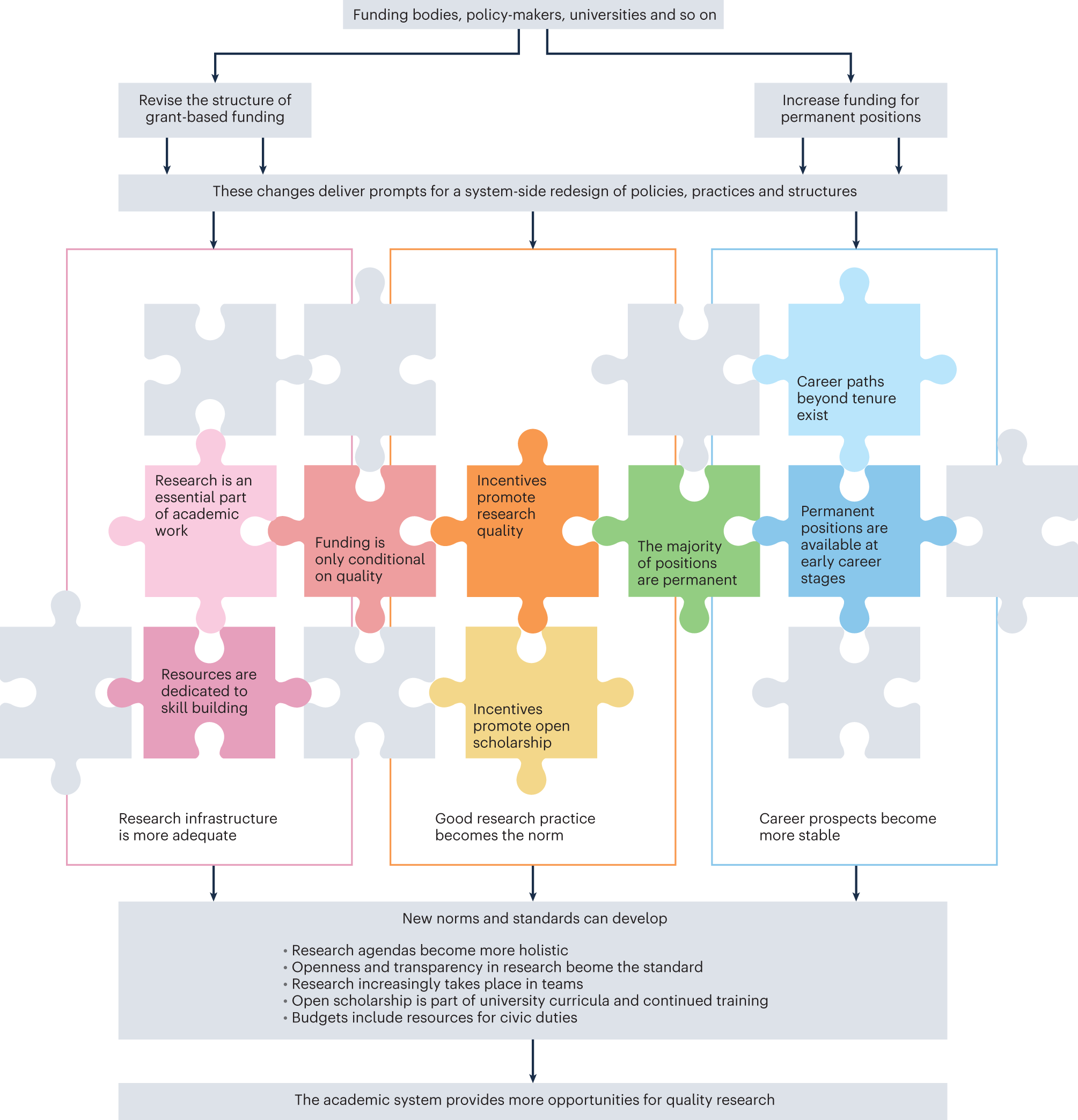Where to Discover Top Quality Academic Resources for Your Study
Determining high-quality academic resources is important for extensive study, yet browsing the large landscape of readily available products can be discouraging. In addition, on-line academic data sources like JSTOR and PubMed accumulated academic posts, while open access journals offer more comprehensive access to research findings. Understanding how to take advantage of these resources effectively might significantly influence your research end results.
College Libraries

Beyond physical collections, university collections frequently use customized study assistance, including examinations with curators that have subject experience (Docentra). This support can significantly improve the effectiveness and performance of the study procedure, permitting customers to navigate complex details landscapes with better ease
Additionally, lots of collections provide access to unusual and historical products, which can be invaluable for sophisticated study tasks. Such one-of-a-kind sources usually consist of main documents, manuscripts, and historical collections that are not readily offered in other places.
Furthermore, university libraries regularly organize workshops and seminars targeted at enhancing details literacy abilities. These initiatives encourage pupils and faculty to critically assess sources, a vital skill in today's information-rich environment. In general, university libraries not only function as repositories of knowledge but likewise work as vibrant centers that foster academic development and advancement.
Online Academic Data Sources
In the world of scholastic study, on the internet scholastic data sources play an essential function in offering pupils and scholars with prompt accessibility to a wealth of academic write-ups, journals, and various other vital resources. These digital repositories function as central systems where customers can successfully search for peer-reviewed literature across different techniques.
Noticeable data sources such as JSTOR, PubMed, and Scopus host extensive collections that cover a wide variety of subjects, from the liberal arts to the sciences. Docentra. By utilizing innovative search functionalities, researchers can fine-tune their questions, filter results by magazine date, and access citation devices, therefore improving the study process's efficiency and accuracy
Furthermore, many data sources offer functions like informs for new publications and the capability to save and organize write-ups, better streamlining the study experience. Memberships to these databases are typically provided through academic institutions, giving students and faculty members unlimited accessibility to premium material.
Open Accessibility Journals
Significantly, researchers are turning to open up accessibility journals as a corresponding source to standard scholastic databases. These journals give a useful system for sharing study searchings for without the economic barriers commonly related to subscription-based magazines. over at this website Open access designs permit cost-free on the internet access to scholarly write-ups, making sure that research is available to a wider audience, consisting of practitioners, policymakers, and the public.
The high quality of open accessibility journals has significantly enhanced, with numerous adhering to rigorous peer-review processes and being indexed in trustworthy data sources. This change has actually cultivated better openness and collaboration in the academia, as researchers can share their work quicker and get responses from varied viewpoints.
Additionally, the spreading of open gain access to journals straightens with the international motion in the direction of open scientific research, advertising the concept that openly funded study ought to be openly available to all. Scientists seeking top quality scholastic resources must think about reputable open gain access to journals, such as those provided in the Directory of Open Gain Access To Journals (DOAJ) or those released by recognized academic societies. By incorporating open accessibility journals right into their research study methods, scholars can enhance the presence and impact of their job.
ResearchGate and Academia.edu
ResearchGate and Academia.edu have actually become critical platforms for scholastic networking and knowledge sharing, with countless scientists leveraging these websites to share their job and connect with peers. Both platforms allow individuals to produce accounts that showcase their publications, research rate of interests, and academic success, facilitating higher presence within the academic community.
ResearchGate, established in 2008, concentrates on promoting cooperation amongst researchers via attributes such as study collaboration devices, project sharing, and question-and-answer discussion forums. Individuals can post their papers, participate in discussions, and follow this the job of others, improving the joint capacity of their study. The system also gives metrics theoretically presence and downloads, allowing researchers to gauge the effect of their job.
Academia.edu, introduced in 2008 too, runs similarly but emphasizes the sharing of scholastic documents. Customers can adhere to particular research study subjects and receive updates on new magazines within their locations of passion. In addition, Academia.edu offers analytics on viewers engagement, assisting scientists recognize their target market better.
Both systems act as beneficial resources for accessing premium scholastic material and cultivating connections that can cause impactful collaborations.
Google Scholar and Beyond
Academic networking systems like ResearchGate and Academia.edu play a considerable duty in distributing research, however Google Scholar provides a various dimension by acting as a comprehensive internet search engine for academic literary works. It indexes a huge array of resources, consisting of peer-reviewed posts, theses, books, conference procedures, and patents, making it an important tool for researchers across disciplines.
Google Scholar offers many attributes that boost study effectiveness. The citation tracking feature allows customers to see just how often a paper has been pointed out, offering understandings right into its impact within the academia. Furthermore, the "associated write-ups" function helps researchers discover comparable research studies, promoting an extra detailed expedition of a topic.

Conclusion
In final thought, accessing high-grade academic sources is weblink vital for rigorous research study. University collections offer considerable collections and expert guidance, while online academic databases such as JSTOR and PubMed centralize scholarly articles. Open accessibility journals remove monetary obstacles, fostering wider dissemination of knowledge. Systems like ResearchGate and Academia.edu improve partnership among researchers. Ultimately, Google Scholar uses thorough search capacities and citation monitoring. Using these sources jointly can considerably enhance the high quality and depth of academic study.